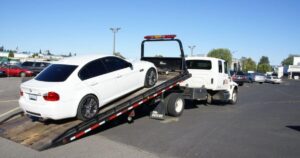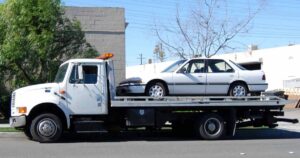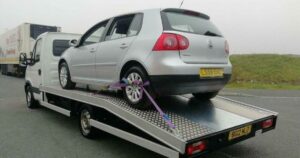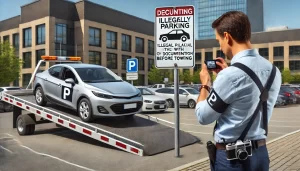
Private Property Towing Houston: Fast & Legal Vehicle Removal
Have an unauthorized vehicle parked on your property? You’re not alone. In a city as

Have an unauthorized vehicle parked on your property? You’re not alone. In a city as

Introduction When an unauthorized or abandoned vehicle sits on your private property, you need a

A private property towing company protects your space. They remove vehicles parked without permission. You

A clear and solid private property towing agreement protects both property and vehicle owners. This

Introduction Unauthorized vehicles on your property can cause major stress. Whether you own a residential

Private property towing means removing a vehicle from private land. It protects your space from

Managing unauthorized parking on private property is a common challenge. Private property towing services help

Private property towing can be confusing. Many drivers and property owners ask, “How Does Private

Car repossession can be stressful. You may wonder, can a tow truck repo your car

Your curiosity about who pays for towing on private property drives you to discover private

The fees for towing vehicles in San Diego possess different amounts. The fee structure provides

The towing regulations of California become particularly intricate when property owners remove vehicles. You must

Towing vehicles from private property creates heated issues between property owners and their tenants together

Private property towing is a controversial issue that often raises legal and ethical concerns. If

The question many vehicle owners ask about police actions regarding private property is whether can

The cost of parking at the wrong location in San Diego amounts to a quick

Car owners must vacate their vehicles from unauthorized private property spots because property owners possess

When your business gets private property towing contracts it marks the start of major success

Finding unauthorized vehicles on your private land is bothersome. You may legally remove vehicles both

Illegally Parked Car is more than just an inconvenience—it disrupts your business, deters customers, and